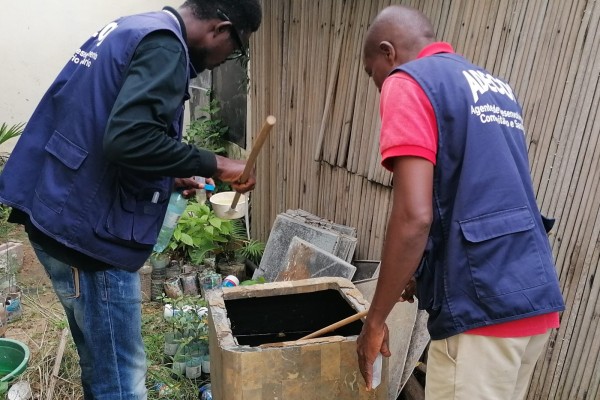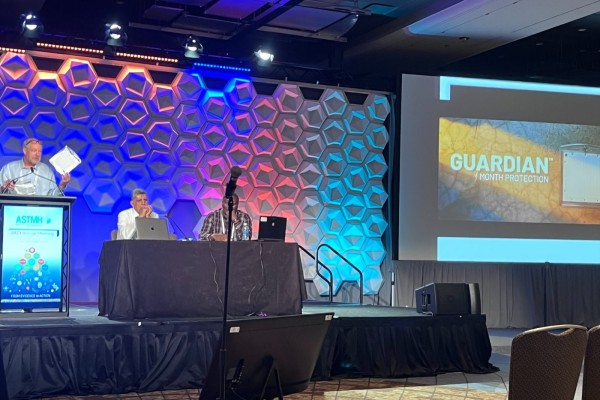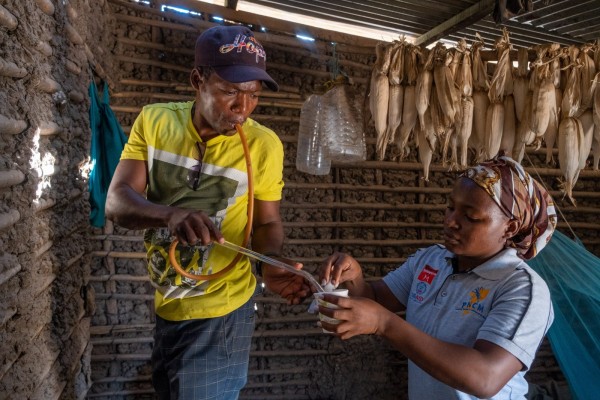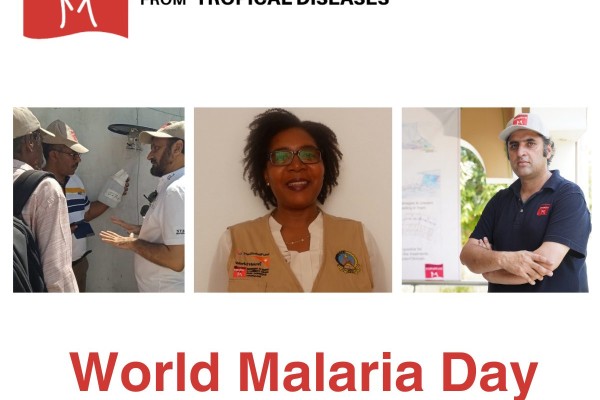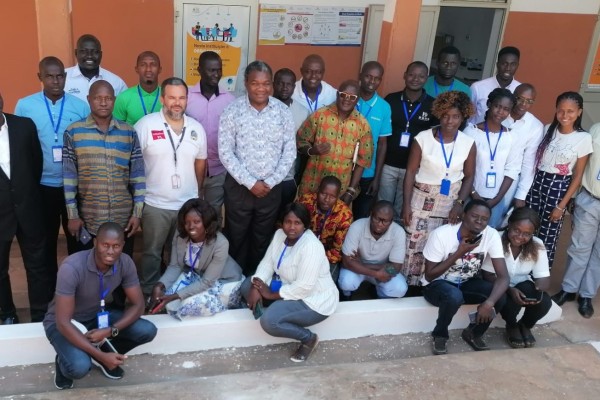Entomological surveillance supports local authorities to develop effective vector control strategies. Working with local health authorities and research institutes, we help improve the monitoring of vector populations and assess how vector control interventions impact local vectors behaviours and characteristics. Such information is essential to make programmatic decisions based on evidence.
Within these partnerships, MENTOR provides technical expertise, training and resources to support local authorities to establish and maintain effective entomological surveillance systems.
By regularly collecting and analysing data on vector populations, their behaviour, and susceptibility to insecticides, local authorities can assess the impact of interventions and make informed adjustments to control strategies.
Challenges to local entomological surveillance capacity include limited resources, technical expertise and infrastructure. Ongoing conflict, political instability and logistical constraints in some regions can also make it more difficult to establish and sustain surveillance systems.
In Angola and Yemen, we have worked with the local health authorities to develop entomological surveillance systems. Through training and mentoring, we have supported local technicians to collect mosquitoes, identify species and test for insecticide susceptibility.
This has enabled the monitoring of vector control interventions, such as indoor residual spraying and insecticide-treated bed nets, and to make decisions based on evidence to improve the efficacy of the activity.

